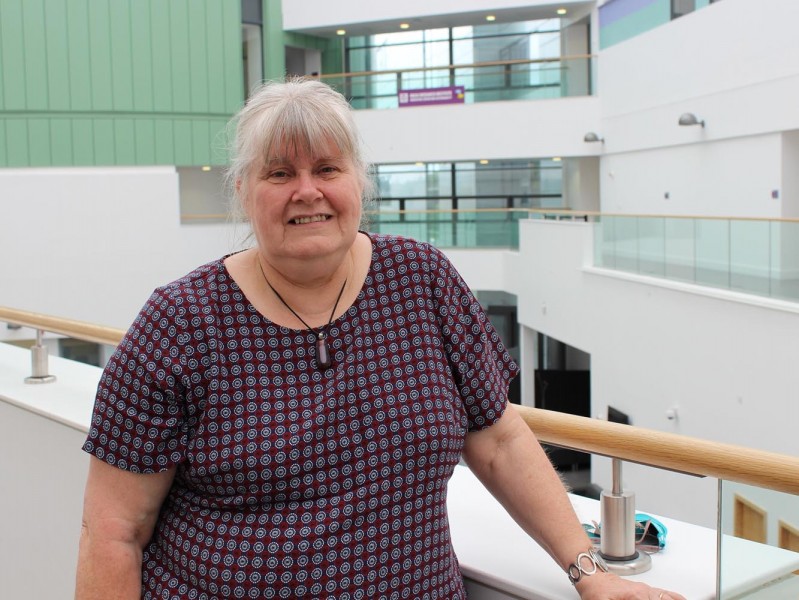Opinion Piece – The impact of Interprofessional Education on healthcare
Friday 29 March 2019

In the last fifty years, it has been shown that effective teamwork can improve the quality of patient care and that poor teamwork can have tragic results. However, until the last twenty years, there has been little focus on this area in pre-registration health and social care curricula. As a result of this, many students entering the workforce were poorly prepared for the challenges associated with working in multidisciplinary teams.
It is therefore logical to suggest that if people are expected to work in teams they should be educated in teams from their earliest undergraduate experiences.
Research has suggested that the way forward to improve team-working, and thus improve the quality of patient care, is to develop interprofessional learning programmes at an undergraduate level.
But what is the best way to do this? Should all health and social care students learn together in the same classroom? This type of ‘shared learning’ as it became known has been superseded by the term ‘interprofessional education’ (IPE) which is based on the Centre for the Advancement of Interprofessional Education’s definition: “Occasions when two or more professions learn with, from, and about each other to improve patient care.”
Our increasingly ageing population has led to health and social care delivery becoming more and more complex and involving an increasing number of health and social care professionals. There have been a number of high profile inquiries into tragic deaths, such as those of Baby P, Caleb Ness and Victoria Climbié, which have highlighted what could go wrong when there is ineffective collaboration and communication between healthcare professionals.
High profile failures in healthcare, such as the ones mentioned, feature prominently in the media and create not only negative perceptions of health care professionals but also of their team-working skills. These inquiries have identified and demonstrated the need to increase and expand interprofessional education.
Thus health professionals can develop collaborative work practices in the early years of their studies, with increased communication in multidisciplinary teams. The importance of IPE has been recognised by all health and social care professional bodies and is part of accreditation criteria for higher education institutions.
Healthcare in the twenty-first century is provided by a large number of different health and social care professionals. For example, patients admitted to hospital are cared for by a health and social care team that may include doctors, nurses, paramedics, physiotherapists, radiographers, dieticians, occupational therapists, social workers, and psychologists. Similarly, in the community, patients are treated by a large number of health and social care professionals as well as informal carers such as family and friends.
With so many people involved in someone’s care or treatment, there is a need for health and social care students to leave university ‘collaborative practice ready’.
Since Scotland introduced integrated joint boards in 2016, there has been an increasing demand for a new type of health and social care professional – one who is able to join this workforce and develop as an interprofessional team player, in a multidisciplinary team, working for improved quality in patient care.
The demand for improved patient care and quality of life has never been higher and the combination of an ageing population, the Scottish Government, higher education and more, has created a perfect storm for the development of an educated, collaborative and practice-ready workforce.
At Robert Gordon University, IPE is a key aspect of what we do on a daily basis, as we provide our students with the skills they need to succeed in their chosen career.
